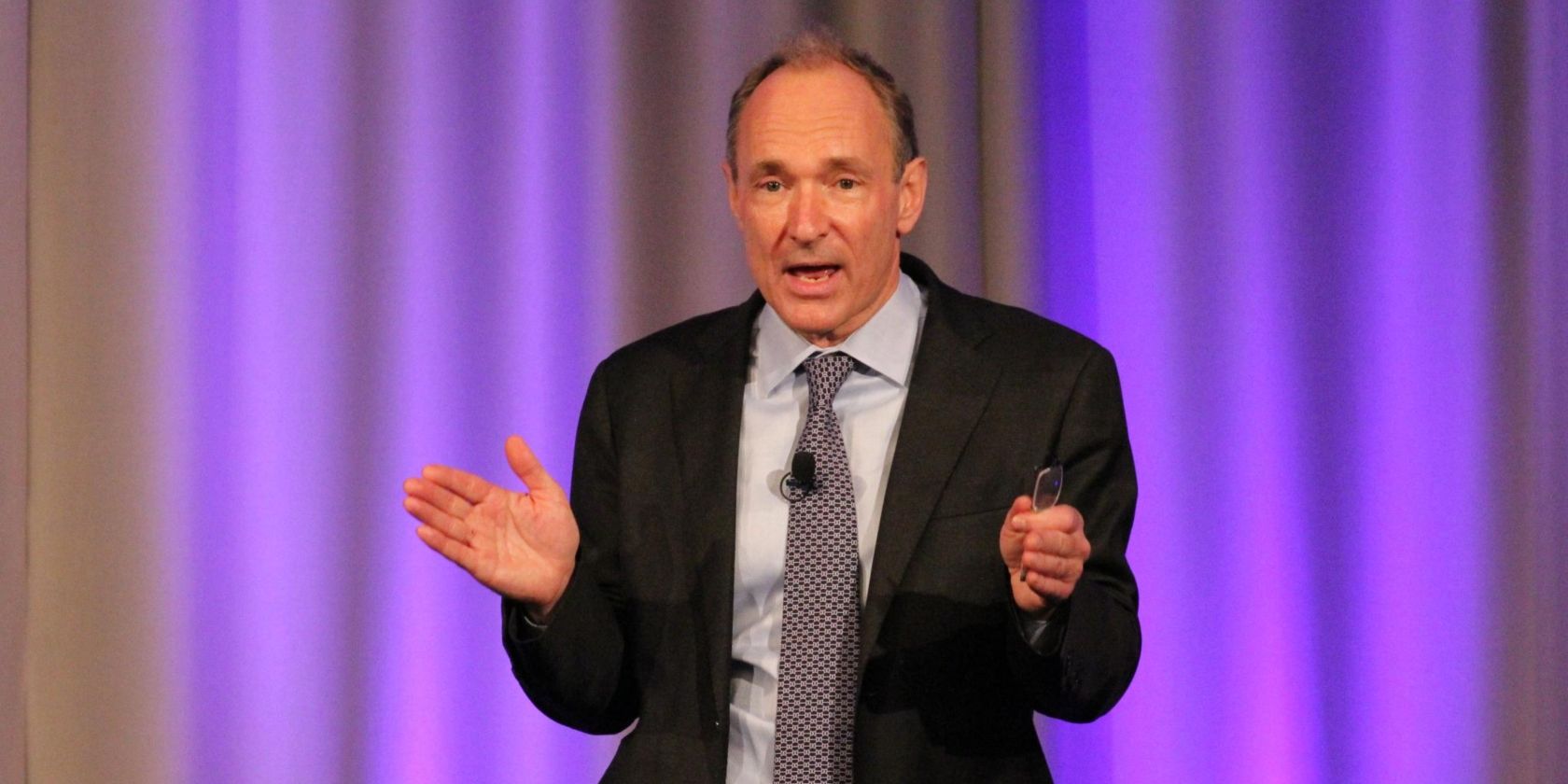The web, formally known as the World Wide Web, is 30 years old. That means it's been three decades since Tim Berners-Lee wrote a proposal for "a large hypertext database with typed links". That eventually morphed into the web that we know and love today.
However, 30 years on, has the web lived up to its potential? Or has it been ruined by governments, businesses, and us, the people who use it? Tim Berners-Lee certainly thinks so, and he wants your help in saving the web from hackers, trolls and clickbait merchants.
The Father of the Web Pleads for Help
Berners-Lee has spelled out his thoughts in a letter to mark the web turning 30. It has been published on the website of the Web Foundation, an organization founded by Berners-Lee "to advance the open web as a public good and a basic right".
The father of the web states that while "the web has created opportunity, given marginalised groups a voice, and made our daily lives easier, it has also created opportunity for scammers, given a voice to those who spread hatred, and made all kinds of crime easier to commit".
The letter identifies three "sources of dysfunction affecting today’s web". Which are:
- Deliberate, malicious intent, such as state-sponsored hacking and attacks, criminal behaviour, and online harassment.
- System design that creates perverse incentives where user value is sacrificed, such as ad-based revenue models that commercially reward clickbait and the viral spread of misinformation.
- Unintended negative consequences of benevolent design, such as the outraged and polarised tone and quality of online discourse.
Berners-Lee wants to "create both laws and code to minimize this behaviour," "redesign systems in a way that change incentives, and conduct "research to understand existing systems and model possible new ones or tweak those we already have".
We Need to Help Berners-Lee Fix the Web
The Web Foundation's big idea is to create a new Contract for the Web. This would seek to "ensure a free, open and fair web for everyone," with core principles aimed at governments, companies, and citizens. You can find out more on the Web Foundation.
The World Wide Web may be 30 years old, but it feels like it's just entering its teenage years. Which is why this is the time when everyone involved needs to provide a guiding hand to the petulant youngster. Otherwise we risk the web getting worse and worse.
If you want to travel back to 1990, you can now try the first CERN web browser.
Image Credit: Neerav Bhatt/Flickr

